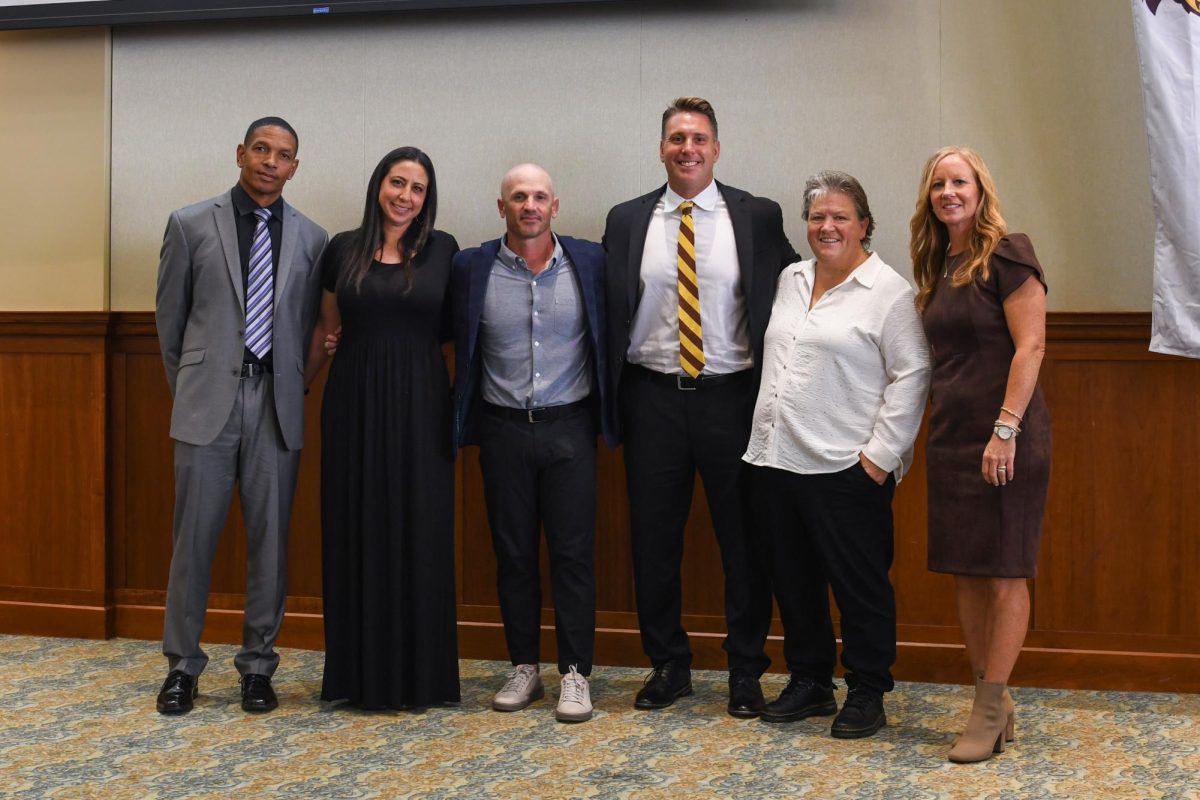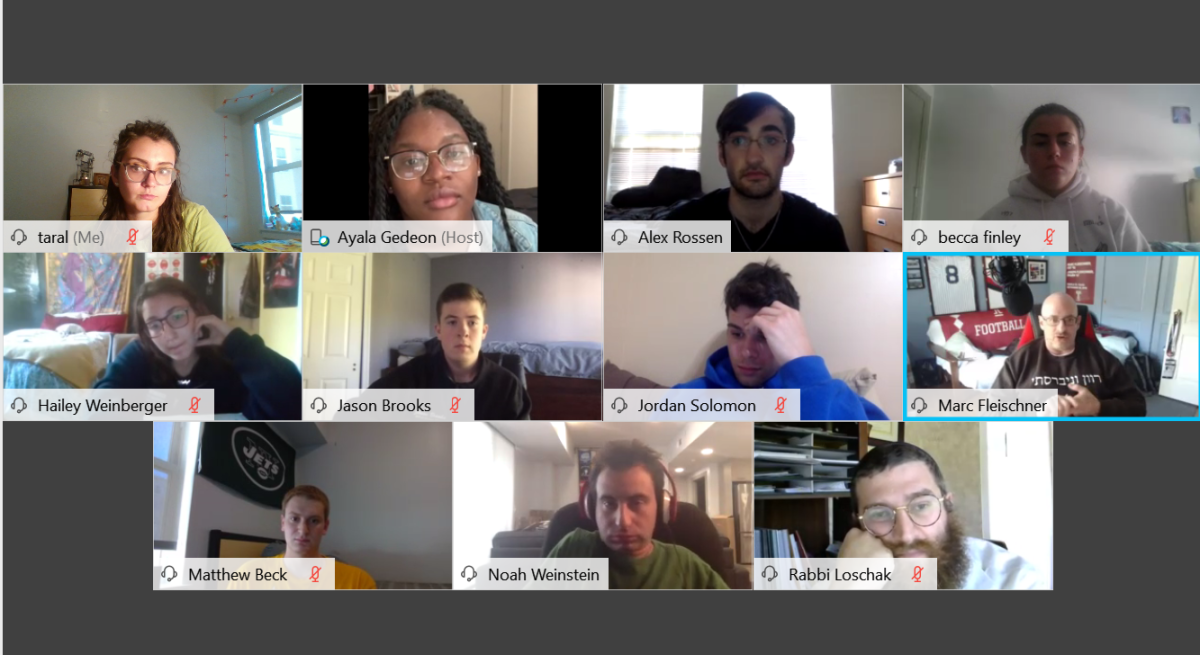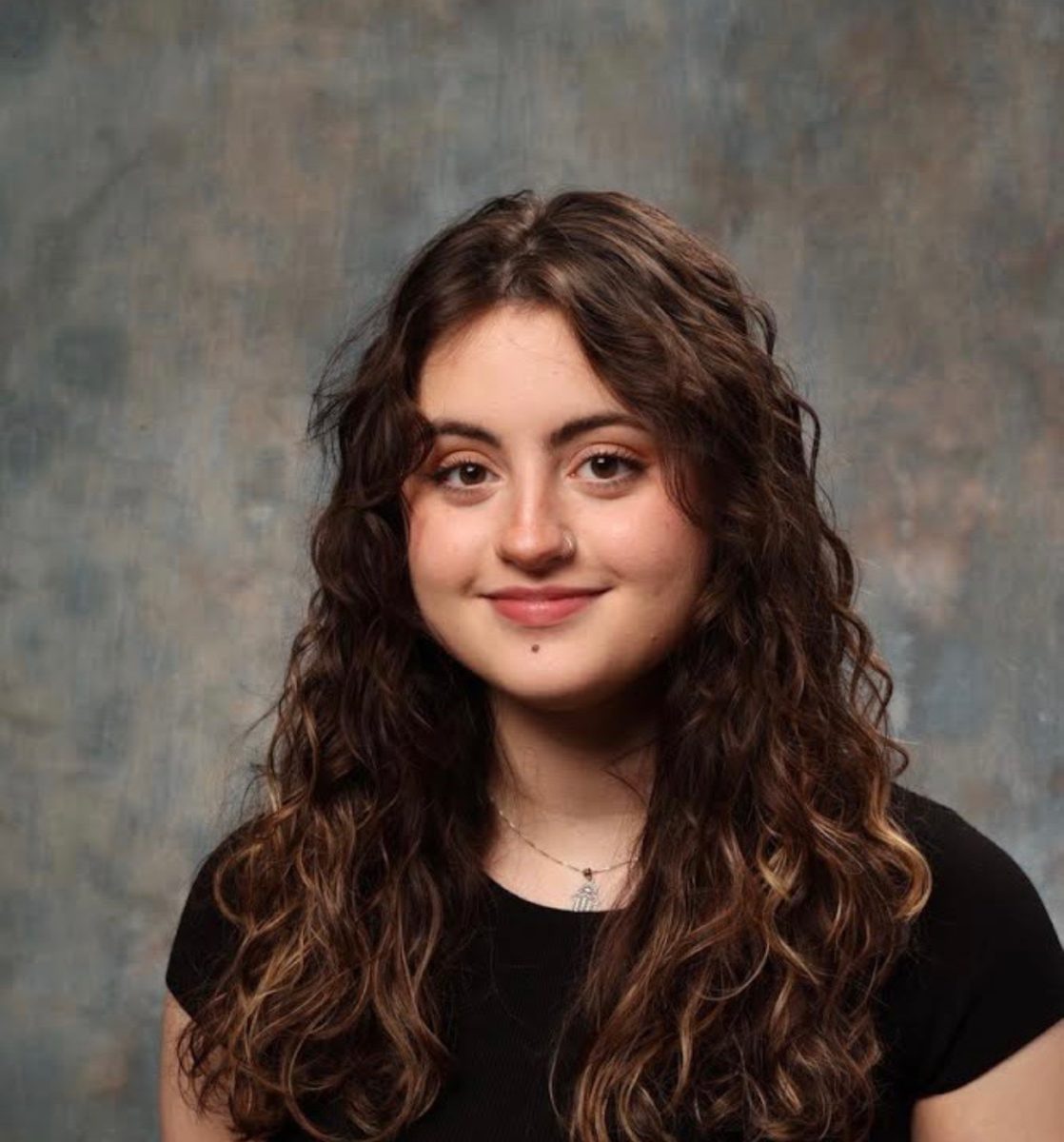On Monday, Sept. 23, Student Government Association’s Assistant Vice President (AVP) of Diversity, Equity and Inclusion (DEI) Ayala Gideon held a virtual meeting with campus Jewish leaders to discuss Rowan University’s ways to be more accommodating toward the Rowan Jewish community.
Potential reforms discussed included educating students about their rights, making a more inclusive university-wide calendar and increasing access to food that meets religious restrictions.
The meeting was in response to an opinion piece by Alexander Rossen, who serves as both the multimedia editor for The Whit and president of the Rowan Holocaust and Genocide Center. The opinion article detailed several occasions when official campus events occurred on significant Jewish holidays.
“We’ve been trying to get this resolved since [my] freshman year,” Rossen, who is now a senior, said, “and this is the first time this had ever happened when SGA took time out of their busy schedules to meet with us.”
According to Marc Fleischner, the senior director of technology at IRT and faculty adviser for Rowan Hillel, the major problem is that not enough students know what to do if a professor refuses to accommodate religious observances. He added that, since working with students via Hillel, many have come to him with grievances about professors who have not followed the university’s official policy on the matter.
“Any student may miss class for religious purposes as long as they let their professor know ahead of time,” Fleischner said. “Students need to know what the remediation path is if their professors do not do this.”
“Students are not aware of the power they have,” Gideon agreed. “They are not aware of the resources they have as a student of Rowan University.”
Noah Weinstein, Hillel co-adviser and Student Affairs program adviser, also noted several occasions on which major university events, such as Hollybash and Homecoming, had been scheduled during the most important Jewish holidays.
“[Rowan University] wouldn’t schedule Hollybash on Good Friday, so why do so on Passover?” Weinstein said.
“The academic calendar is published five years out,” Fleischner said. “[Including religious minority holidays on that calendar] should be part of the process.”
Food was also a large topic of conversation. Currently, Rowan meal plans do not include either kosher or halal dining options.
Junior Hailey Weinberger, who serves as social chair and senator for Chabad, suggested that the university provide more options for students who choose to keep kosher. While there is a kosher kitchen in Evergreen Hall, Weinberger noted that it is rarely accessible for student use.
Junior Jordan Solomon, the marketing chair for Chabad, added that last year’s food truck festival was held during Passover, usually observed by not consuming leavened bread. According to Solomon, Jewish students observing the holiday could not easily find food options that would allow them to participate.
Weinstein added that at Towson University in Maryland, which has 19,818 undergraduate students compared to Rowan’s 16,011, campus cafeterias have entire food courts with kosher options.
Jason Brooks, SGA AVP of Student Affairs, noted that his role allows him to speak monthly with dining contractors Gourmet Dining. He said that their stated reason for not offering kosher or halal food was that they do not believe there would be enough students served by this decision.
“It’s a financial thing,” he said.
Rossen expanded the discussion to how a Christian-centric calendar system affects Muslim students, as well.
“Ramadan almost always falls during Finals Week,” he said. “To have to be fasting and praying while studying is something no student wants to go through.”
Junior Becca Finley, the Chabad vice president, summarized the meeting’s main topics: “A simple Google search could benefit everyone,” she said.
For comments/questions about this story, email [email protected] or tweet @TheWhitOnline.






































































































































































































